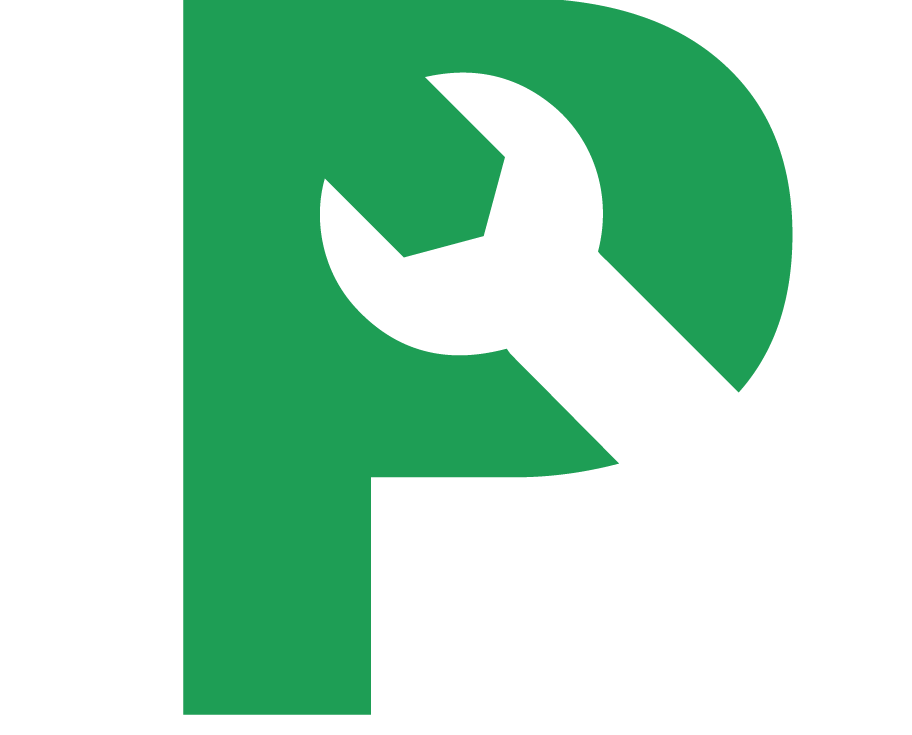Some of the best business books I’ve read weren’t written for business people
Not every business lesson comes wrapped in frameworks and case studies.
Some of the most valuable ideas I’ve applied to leadership, strategy and decision-making came from books that don’t mention business at all. They challenged how I think, how I listen, and how I relate to others - skills I have found to be essential to any successful venture. Here are six books that aren’t marketed as business books, but have shaped how I work more than most that are.
1. Your Music and People by Derek Sivers
This is a book about music, but really it’s a manifesto for creators of any kind - entrepreneurs included.
Sivers shares a philosophy of getting your work into the world by being creative, considerate, resourceful and connected. It’s packed with brilliant (short) insights on marketing, pricing, and building community - without once sounding like a business manual.
A few lines that stuck with me:
“Marketing is an extension of your art.”
“Persistence is polite.”
“Be extreme and sharply defined. Target a niche. Proudly exclude most people.”
Whether you’re launching a product or a project, this book will change how you think about visibility and value.
2. Rebel Without a Crew by Robert Rodriguez
https://www.amazon.com/dp/0452271878
Part diary, part how-to manual, this is Rodriguez’s story of making his first feature film on a $7,000 budget.
It’s super-practical and full of energy. For anyone bootstrapping a business out there, it’s a reminder that creativity often thrives under constraint - and that action beats perfection. When you have no resources, it forces you to become resourceful.
(Pair it with his interview on Tim Ferriss for even more insight into his process.)
3. Zen and the Art of Motorcycle Maintenance by Robert M. Pirsig
https://www.amazon.com/dp/0061673730
On the surface, it’s a philosophical novel about a father and son on a motorbike trip.
But dig a little and it’s a deep meditation on quality, attention to detail, and the balance between logic and intuition - something that applies to leadership, product design, and decision-making just as much as they do to fixing bikes.
It teaches us that the way we do anything is the way we do everything.
4. The Art of Learning by Josh Waitzkin
https://www.amazon.com/dp/0743277465
Waitzkin was a chess prodigy and martial arts champion. This book isn’t about either. It’s about the process of mastering anything.
What struck me most was his emphasis on deliberate practice, managing pressure, and turning setbacks into the fuel to keep going - a required skill for anyone trying to build something meaningful over time.
5. The War of Art by Steven Pressfield
https://www.amazon.com/dp/1936891026
This one’s about The Resistance - the internal force that stops us from doing our most important work.
Pressfield names it, calls it out, gives it a Capital Letter and offers a framework for moving through it. Whether you’re writing a book, building a company, or launching anything new, this book helps you recognise what’s really in your way and get past it. Who knew that naming something could be so powerful?
6. Unreasonable Hospitality by Will Guidara
https://www.amazon.com/Unreasonable-Hospitality-Remarkable-Giving-People/dp/0593418573?sr=8-1
This book isn’t simply a book about restaurants - it’s about creating unforgettable experiences by going beyond what’s expected.
Will Guidara, former co-owner of Eleven Madison Park, shares how small, thoughtful gestures can leave a lasting impact. For instance, when guests mentioned they hadn’t tried a New York hot dog, he surprised them with one during their fine-dining experience. This act exemplified his philosophy: genuine hospitality means making people feel seen and valued.
Guidara’s approach teaches us that in any business, focusing on personal touches and exceeding expectations can transform the most ordinary transactions into memorable moments.
Bonus: Self-Reliance and Other Essays by Ralph Waldo Emerson
https://www.amazon.com/dp/B0CHW26NTQ
Emerson doesn’t talk about business, but his essays on self-trust, nonconformity, and quiet courage often help me cut through the noise and return to what matters.
Business wisdom doesn’t always come from business books. I've often found that some of the sharpest insights come from a filmmaker, a philosopher, or a martial artist. These books remind me that leadership, creativity and decision-making are human skills first - everything else follows.
I’d love to hear what unexpected books have shaped how you work.
